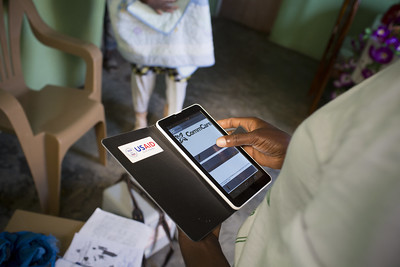
Accelerating Innovation, Performance, and Impact at USAID
Summary
The United States Agency for International Development (USAID) tackles some of the toughest challenges in some of the toughest places on earth, including fighting global pandemics, growing economic prosperity, strengthening democratic institutions, and providing humanitarian relief. USAID plays an important role in addressing global development problems that initially lack effective, scalable, and sustainable solutions. Yet USAID’s activities allow little room for the risk taking or iteration needed to drive significant improvements and encourage disruptive new ideas, with most programs implemented through detailed plans with rigid designs.
Imagine if the pace of progress for global development could match the breakneck pace of advances in the tech sector. The next administration should assess where current USAID interventions are inadequately meeting global need, applying best practices from innovation to improve programs accordingly. This will include shifting to outcomes-based performance metrics, dedicating budget for experimentation, establishing incentives that encourage risk-taking, linking payments with outcomes, and conducting ex-post evaluations of scale and sustainability.
The Federation of American Scientists supports Congress’ ongoing bipartisan efforts to strengthen U.S. leadership with respect to outer space activities.
By preparing credible, bipartisan options now, before the bill becomes law, we can give the Administration a plan that is ready to implement rather than another study that gathers dust.
Even as companies and countries race to adopt AI, the U.S. lacks the capacity to fully characterize the behavior and risks of AI systems and ensure leadership across the AI stack. This gap has direct consequences for Commerce’s core missions.
As states take up AI regulation, they must prioritize transparency and build technical capacity to ensure effective governance and build public trust.